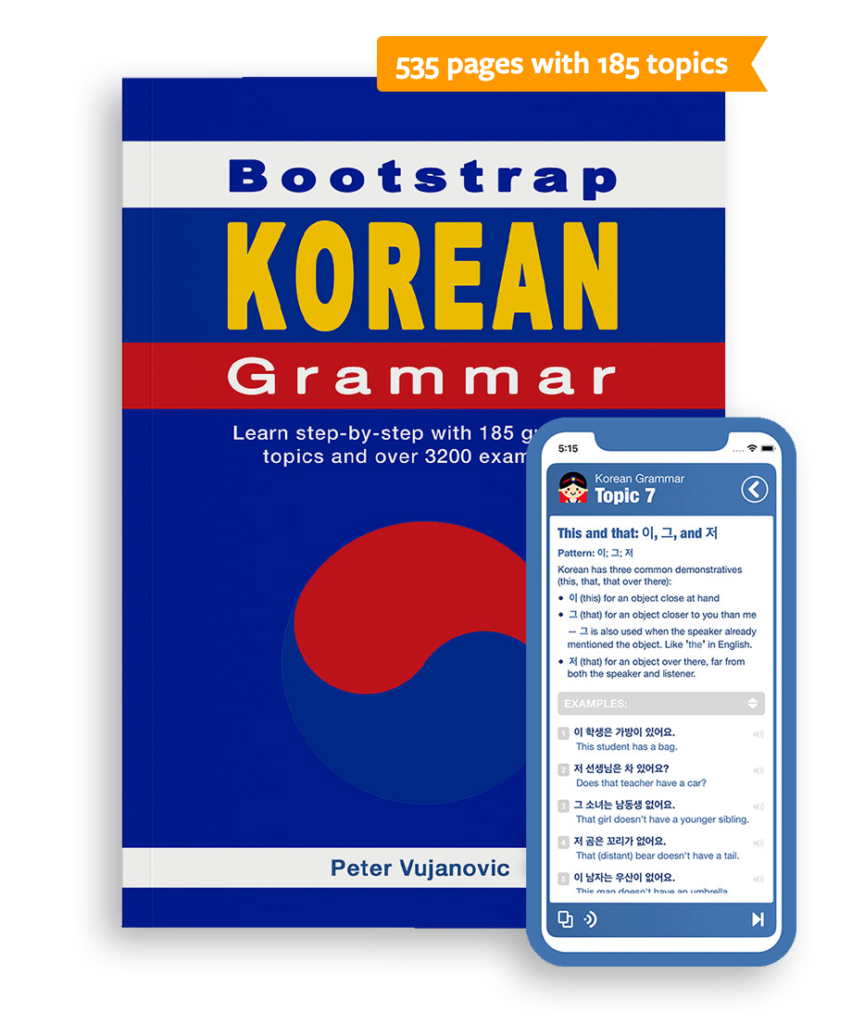
Korean is hard to learn for English speakers. Indeed, the United States Foreign Service Institute ranks Korean in its most difficult tier of languages to learn -in the same tier as Japanese, Chinese and Arabic.
While it is true that many of the grammatically concepts that determine how the Korean language works are completely foreign to an English speaker, it is not the language itself that presents the biggest hurdle, but culture inherent in the language that is most difficult for foreigners to grasp.
Why is Korean easy?
- The Korean “Hangul” writing system is brilliant. And part of that brilliance is that it is easy to learn.
- While the grammar certainly is different, it is in fact not that difficult once certain concepts have been mastered. For instance the use of particles or markers attached to nouns to signify the grammatical function of a word is completely different to European languages. A big part of learning Korean is memorising grammatical patterns – in much the same way as a student learns vocabulary.
- Pronunciation is not difficult. While there are some sounds not found in English, the language is not tonal and presents few problems for most English speakers.
Why is Korean hard?
- There is not a lot of shared vocabulary. While everyday Korean increasingly uses English borrowed words (derisively referred to as ‘Konglish’), often in a form unrecognisable to an English speaker, these will on get you so far.
- Cognates include 주스 (ju-se) – juice, 오렌지 (or-rin-ji) – orange, 에어컨 (ae-o-kon) – air conditioning, 텔레비 (tel-le-bi) – television, 아파트 (a-pa-teu) – apartment, 원샷 (won-syat) – bottom’s up (one shot), 홈피 (hom-pi) – homepage, 오토바이 (o-to-ba-i) – motorcycle, 슈퍼 (syu-peo) – supermarket.
- The word order of Korean sentences take some getting used to. While in English sentences usually follow the <Subject> <Verb> <Object> pattern, in Korean the order is <Subject> <Object> <Verb>. That said, this difference does not seem to be a huge barrier to English speakers.
- Korean has three or four (depends how you count) levels of politeness which can be very challenging to master. But a beginner can get away with focusing initially on two and not offend anyone too much.
Ready to learn Korean grammar step-by-step?

Bootstrap Korean Grammar
A 535-page book and accompanying mobile app.
🇰🇷 Step-by-step introduction to French grammar in 185 topics.
🇰🇷 Over 3,200 annotated examples.
🇰🇷 High-quality audio pronunciations via the app.